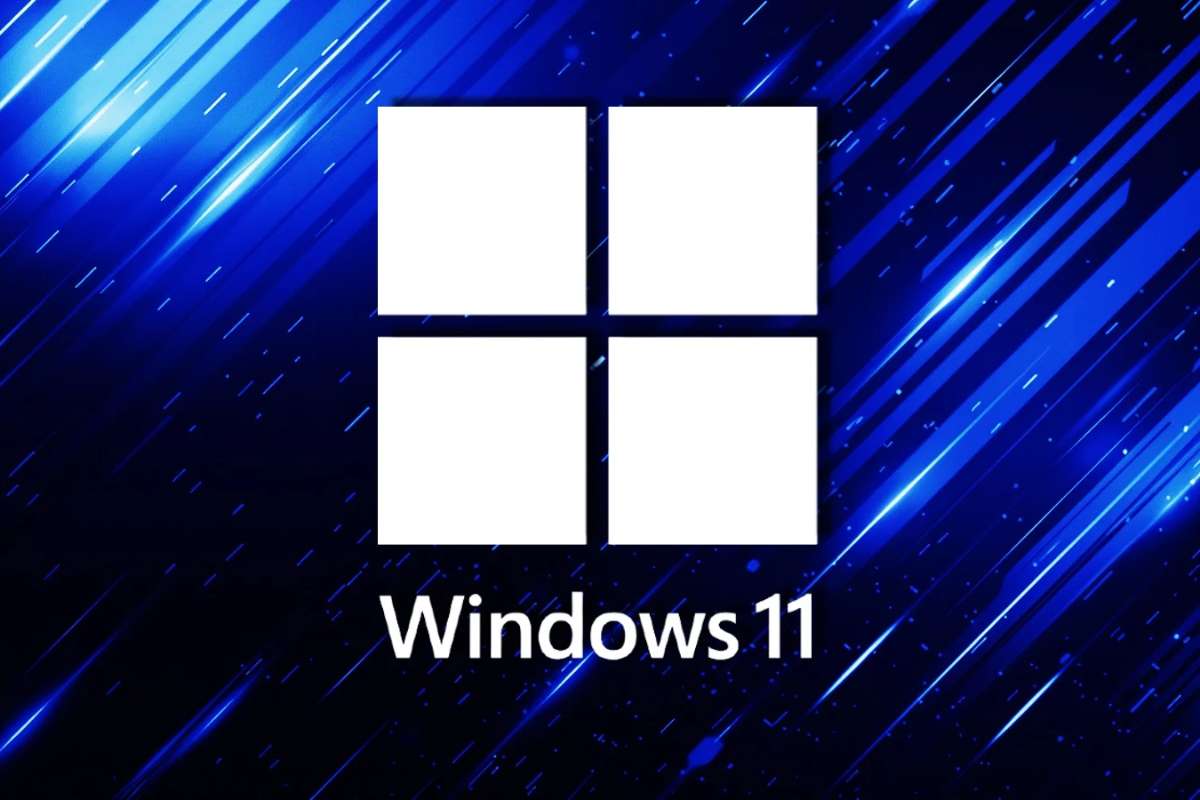(Source-timesnownews.com_.jpg)
Recent findings have uncovered eight vulnerabilities in Microsoft applications for Microsoft macOS Apps, posing a significant security threat. These flaws could allow attackers to gain elevated privileges or access sensitive data by bypassing the operating system’s permissions-based model, specifically the Transparency, Consent, and Control (TCC) framework. This discovery has raised concerns about the potential misuse of these vulnerabilities by malicious actors.
Vulnerabilities in Microsoft macOS Apps
Cisco Talos, a prominent cybersecurity firm, revealed that several popular Microsoft applications on macOS, including Outlook, Teams, Word, Excel, PowerPoint, and OneNote, are affected by these vulnerabilities. The flaws allow attackers to exploit the permissions already granted to these applications, potentially leading to unauthorized actions such as sending emails, recording audio or video, or taking pictures without the user’s consent.
The core issue lies in the ability of malicious libraries to be injected into these applications, gaining their entitlements and permissions. These privileges could then be weaponized to extract sensitive information based on the access level granted to each affected app. The TCC framework, developed by Apple, is designed to manage access to sensitive user data on Microsoft macOS Apps, ensuring transparency and control over how data is accessed and used by different applications.
The Role of TCC and Sandboxing in Security
TCC works in conjunction with macOS’ sandboxing feature, which restricts an application’s access to the system and other applications, adding an extra layer of security. Sandboxing is particularly effective in preventing code injection, a technique used by attackers to insert malicious code into legitimate processes and access protected data. Despite these security measures, the vulnerabilities in the affected Microsoft macOS apps create a loophole that could be exploited by attackers.
According to Francesco Benvenuto, a researcher at Cisco Talos, if an attacker manages to inject a library into the process space of a running application, that library could exploit all the permissions already granted to the application. This scenario poses a significant threat as the injected library could operate on behalf of the application, effectively bypassing the TCC framework and compromising the system’s security.
Microsoft’s Response and Ongoing Concerns
While these types of attacks require a certain level of access to the compromised host, the potential for abuse remains high. If a trusted application is infiltrated by an attacker, it could be used to exploit its permissions and gain unauthorized access to sensitive information. This breach could occur if an application loads libraries from locations that the attacker could manipulate, especially if the application has disabled library validation.
Microsoft has responded to these findings by classifying the identified issues as “low risk,” noting that the affected apps need to load unsigned libraries to support plugins. Despite this, the company has taken steps to address the vulnerabilities in its OneNote and Teams apps. However, the broader concern remains unresolved, as it’s unclear how to securely handle such plugins within macOS’ current framework.
The vulnerabilities leave the door open for adversaries to exploit the apps’ entitlements, potentially allowing them to reuse all permissions granted to the app without any user prompts. This issue highlights a critical challenge in securing third-party plugins within macOS, with potential solutions like notarization being complex and requiring further action from both Microsoft and Apple.
Conclusion
The discovery of these vulnerabilities in Microsoft macOS applications underscores the ongoing challenges in securing software against sophisticated attacks. While Microsoft has addressed some of the issues, the broader security risks posed by these vulnerabilities highlight the need for continued vigilance and improvements in how permissions and third-party plugins are managed within the macOS ecosystem.
Also Read: CyberPro Magazine






